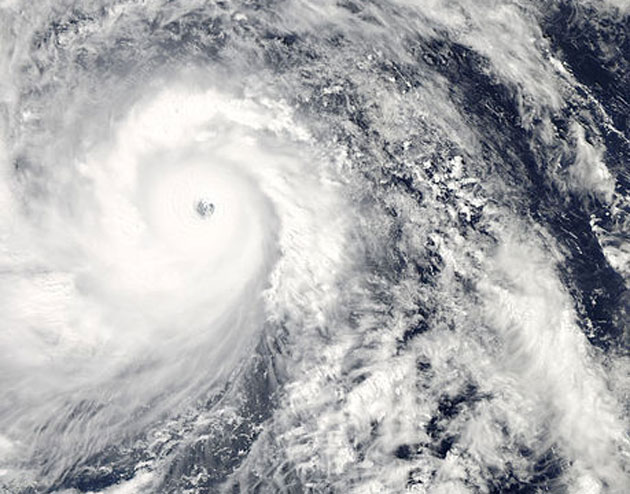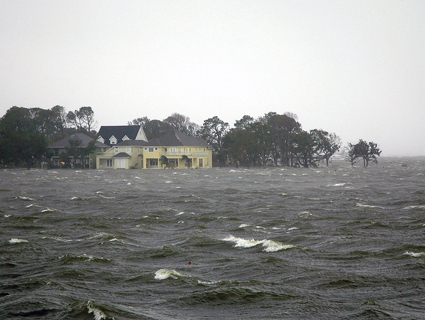Deforestation is a tricky problem to nail down. We know forests are shrinking, but knowing exactly where and by how much often means compiling locally reported data that can be shoddy, incomplete, or outdated, according to University of Maryland geographer Matthew Hansen. Better data would be an invaluable tool for resource managers looking to preserve trees, and for climate scientists who want to crunch how much carbon they can store, Hansen realized. So he set about to create the most high-resolution map of global forests ever made, partnering with Google Earth to process some 650,000 images taken by NASA satellites over the last decade.
The result, published today in Science, is a stunning series of time-lapse maps, along with an interactive mapping tool, that reveal the Earth lost about 888,000 square miles of forest between 2000 and 2012, roughly the area of the US east of the Mississippi River. The loss, which was most dramatic in the tropics, was primarily due to logging, urban development, strip mining, and other human impacts, Hansen said, but the figure also includes loss from fires, earthquakes, and other natural disasters. The maps are accurate to 11-square-mile units, close enough to see logging roads and individuals stands of trees, which gave the researchers an unprecedented look at the complete extent and rate of deforestation on a global and hyper-local scale.
In the exclusive video above, Hansen takes us on a tour of his new maps and the startling situation they reveal.
Producing super-detailed maps like these would have been impossible without Google’s massive computer power; Hansen estimated his own computer would have taken 15 years to process all the images, while Google’s servers churned them out in a few days.
The data could be used to track the impact of forest protection policies, and hold a microscope to the forested areas most at risk.
“It’s a big leap forward in terms of a set of facts, a set of observations on what this dynamic is,” Hansen said.
One of the next steps, Hansen said, is to use the data to gauge exactly what this deforestation means for climate change. Trees are one of the largest “sinks” for carbon dioxide; previous studies suggest forests absorb a third of the carbon released by burning fossil fuels.















